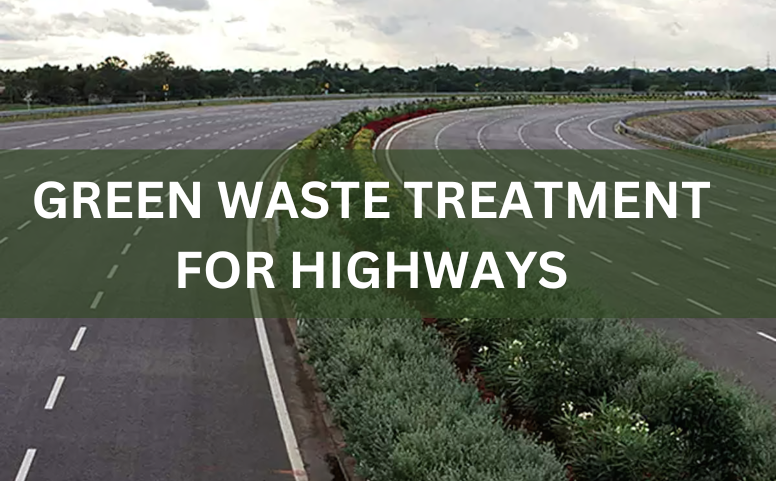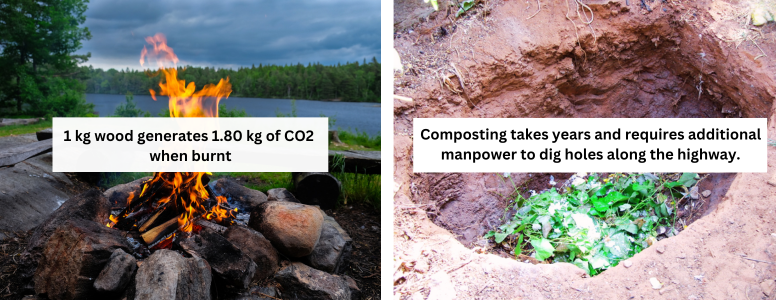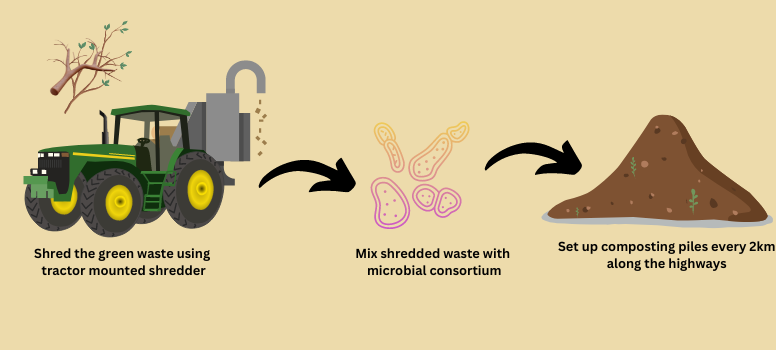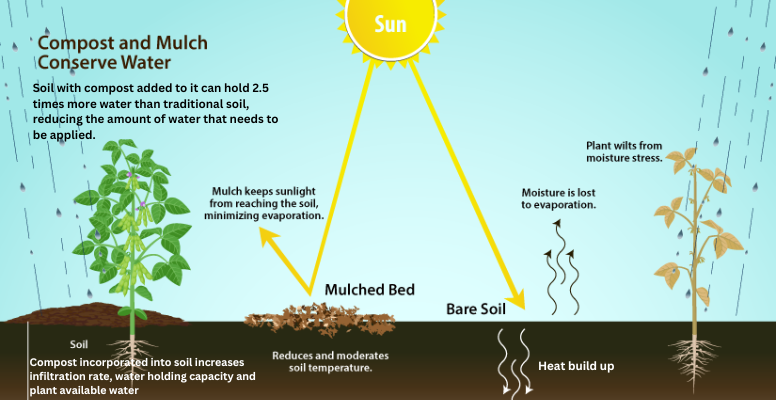Welcome to our blog dedicated to the transformative journey of green waste treatment for highways! As our world continues to grapple with the pressing challenges of environmental conservation and sustainability, innovative solutions are essential. Highways, vital arteries of our transportation network, generate a significant amount of green waste—grass clippings, tree trimmings, and organic debris—that often goes unnoticed yet holds immense potential for positive environmental impact.
In this space, we will explore how the effective management and treatment of highway green waste can contribute to a healthier planet. From reducing landfill burden to generating renewable energy and enriching soils, the benefits are vast and varied.
A significant challenge faced by most highways is the treatment of green waste generated along their routes. Allocating a designated area for this purpose is impractical due to the need for supervision, manpower, safety measures, and a dedicated person to oversee the entire process. Consequently, many opt for less sustainable methods, such as burning the waste or using pit hole systems for composting.
When burned, wood generate more CO2 emissions per unit of energy generated than fossil fuels. 1 kg wood generates 1.80 kg of CO2 when burnt. This leads to GHG emissions which will impact the environment.
On the other hand pit system composting of green waste also has its challenges like,
- It necessitates additional manpower for excavating pits along highways.
- Decomposition is a prolonged process, extending over several years.
- The resulting compost mixes in the soil over time and cannot be harvested.
What is the green waste composting solution available for highway?
The optimal solution for treating green waste along highways is to create composting heaps of shredded green waste. By mixing this waste with a microbial consortium and covering the heaps with shading nets to prevent debris from blowing onto the roads during windy conditions, we can effectively manage the waste. These composting piles can be established every 2 kilometers along the highways. Utilizing existing manpower, the harvested compost can then be used to green the highway median plants, promoting a sustainable and eco-friendly approach to highway maintenance.
How does green waste treatment at highway reduce water consumption over time?
Applying compost to the soil will gradually reduce the amount of water needed for plants. Soil with compost added to it can hold 2.5 times more water than traditional soil, reducing the amount of water that needs to be applied. Compost offers the following benefits.
- Soil Regeneration
- Retains Moisture in the Soil
- Three times higher NPK ratio and slow release of nutrients to plants
- Useful to convert soil nutrients in water soluble form




